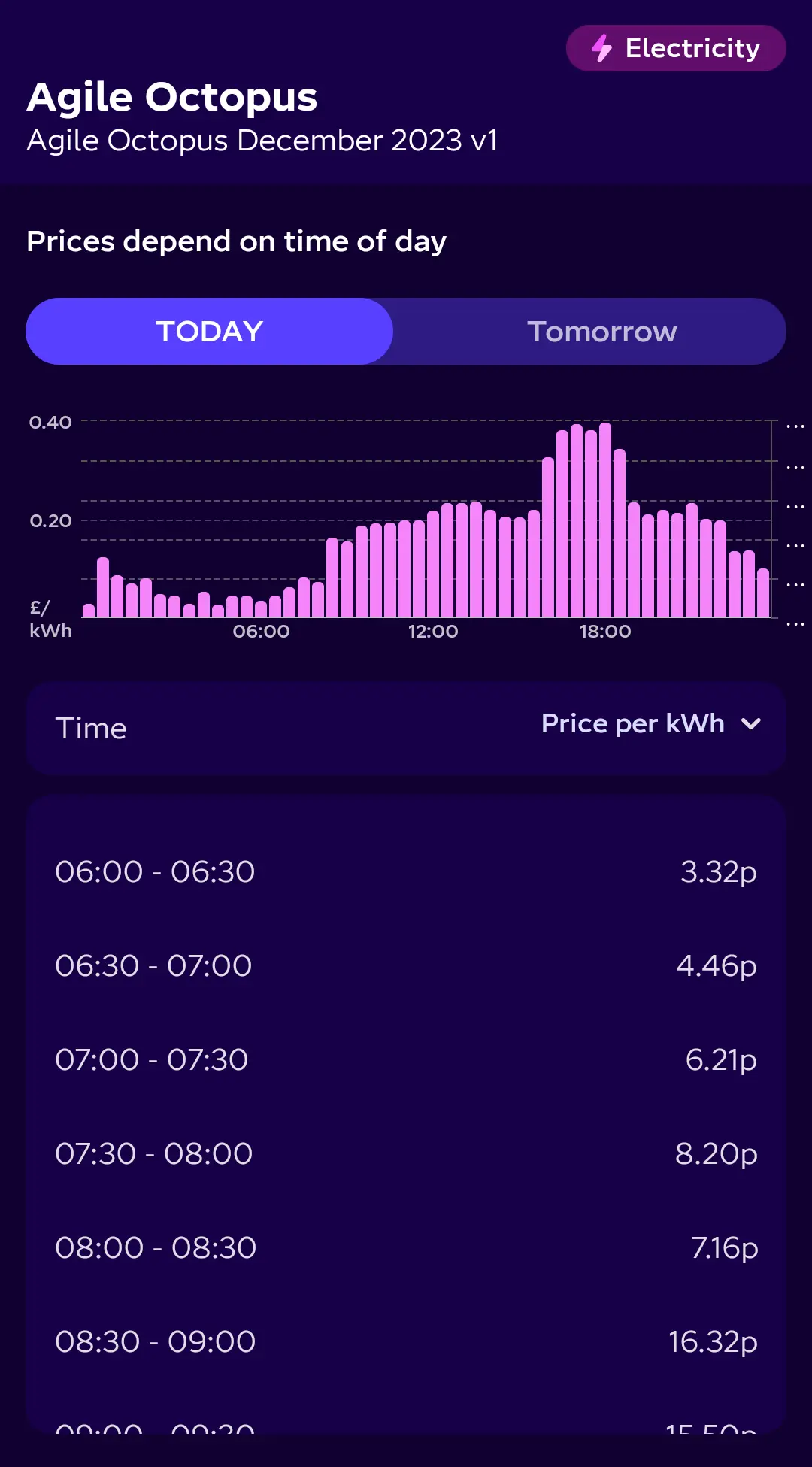cross-posted from: https://lemmy.world/post/22892955
The Prius Prime is a dual fuel vehicle, able to run 100% on Electric, or 100% on gasoline, or a computerized blend in-between. This presents me a great opportunity to be able to do a direct comparison with the same car of an EV engine vs an ICE engine.
Toyota computer claims 3.2mi-per-kwhr.
Kill-a-watt (https://en.wikipedia.org/wiki/Kill_A_Watt) claims 2.2mi-per-kwhr.
Additional 1.5% losses should be assumed in the wires if you wish. (120V drops down to 118V during charging, meaning 2V of the energy was lost due to the resistance of my home's wires).
Level 1 charger at home (known to be less efficient).
Toyota computer claims 53miles-per-gallon (American Gallon).
I have not independently verified the gallon usage of my car.
295 miles driven total, sometimes EV, sometimes Gasoline, sometimes both.
30F to 40F (-1C to 4.5C) in my area this past week.
Winter-blend fuel.
12.5miles per $electricity-dollar (17.1c / kw-hr home charging costs)
17.1 miles per $gasoline-dollar ($3.10 per gallon last fillup).
If anyone has questions about my tests. The main takeaway is that L1 charging is so low in efficiency that gasoline in my area is cheaper than electricity. Obviously the price of gasoline and electricity varies significantly area-to-area, so feel free to use my numbers to calculate / simulate the costs in your area.
There is also substantial losses of efficiency due to cold weather, that is well acknowledged by the EV community. The Prius Prime (and most other EVs) will turn on a heater to keep the battery conditioned in the winter, spending precious electricity on battery-conditioning rather than miles. Gasoline engines do not have this problem and remain as efficient in the winter.
I originally wrote this post for /c/cars, but I feel like EVs come up often enough here on /c/technology that maybe you all would be interested in my tests as well.
